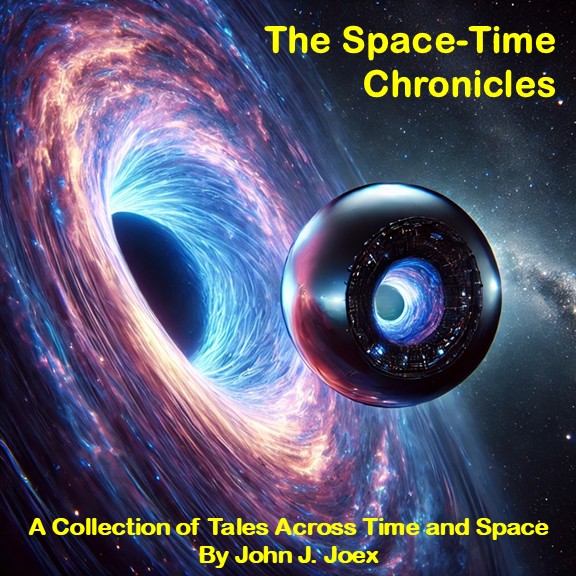Sci Fi Bytes: Nuggets, anecdotes, trivia, and more from the worlds of sci fi and fantasy television.
1975’s Space: 1999 has become an iconic sci fi TV show for its era even though it has not dated well over the past forty-five years. But it is still well-remembered by many fans, and it is worth a look as a show that could have been the next big sci fi franchise if it had survived another season or so (you can read more about the series at this link). Here are eight facts about the show that you may not have previously known.
1. It started out as the second season of UFO: The first season of Gerry and Sylvia Anderson’s alien-invasion series UFO had been performing well in syndication in the early 70’s and a second was ordered, but that would have taken place mostly on the moon (because the moon-centric episodes tended to get higher ratings). The time frame would have been moved forward nineteen years after the first season (which was set in the then near-future of 1980) and would have been called UFO: 1999. The Anderson’s began developing the second season, but it was then scrapped so they decided to take some of the concepts and develop an all-new series.
2. It had several different names before landing on Space: 1999: Once the Andersons decided to make a separate series that would be set on a moon that was hurtling through space, they went through several title changes. At various times they considered Menace in Space, Space Intruders, Space Probe, The Space Ark, Journey Into Space, and Space Journey: 1999.
3. The entire first season was filmed in advance: ITC Entertainment had so much confidence in the show that they financed the entire first season in advance (with additional funding from Italian broadcaster RAI). The idea was to sell it to the United States market and they believed that having a completed product would make for an easier sale. However, the U.S. networks preferred to have more control of the shows they aired, and all three of the major broadcasters (ABC, CBS, NBC) rejected it.
4. The series preempted regularly scheduled programming on the broadcast networks: Plan B for the show was to sell it into syndication, and that proved a huge success. All of the major markets purchased the show and in many cases broadcast affiliates aired it in Prime Time, preempting regularly scheduled programming. Viewership was good early on, but the networks strong-armed their affiliates into kicking the show out of Prime Time hours which ultimately led to its legacy of airing on the weekends in hard-to-find time slots.
5. ITC tried to “Americanize” the show in its second season: ITC originally considered cancelling the show after its first season since it was not picked up by one of the major U.S. networks. But they decided to keep it going and “Americanize” the series in its second year in order to increase appeal with audiences in the States (when all it really needed was better scheduling). This resulted in bringing aboard the notorious Fred Freiberger as executive producer for the second season, the person who had helmed (any many believed ruined) Star Trek in its third and final season.
6. Fred Freiberger made major changes in the second season format: Once Freiberger was tasked with making the show more palatable for American audiences, he provided his analysis of the first season to Gerry Anderson. He believed that the characters were one-dimensional and the audience could not relate to them, and he wanted to bring in an all-new, younger cast. This resulted in the departures of Barry Morse, Prentis Hancock, and Clifton Jones. He also wanted to bring in an alien character to “give the series a charged-up science fiction overlay”.
7. First season writer Johnny Byrne was not thrilled with Freiberger’s changes: Johnny Byrne (not to be confused with comic book artist John Byrne) was one of the main writers for the first season of the show and was retained for the second season (though with fewer story credits). He did believe that some of the new producer’s contributions were good, but overall he said that Freiberger “should have been kept a million miles away from Space: 1999”.
8. A third season and Maya spin-off were planned: After the second season wrapped up, there were talks of continuing the show for a third year. The episode count would have been cut in half, though, to keep costs down. There were also talks of a Maya spin-off series, though it is not clear if that would have resulted in her leaving the main show. Ultimately both ideas were scrapped, and the show was cancelled after its second season aired. At only forty-eight episodes across two seasons, it was not as attractive to the syndication market and did not have a long life in reruns.
Sources:
Destination: Moonbase Alpha by Robert Woods
More from CancelledSciFi.com:
Keep up with the ratings developments and the status of all the currently airing sci fi and fantasy shows with our Weekly Roundup posts. And join the #CancelledSciFiArmy on Twitter to bolster our ranks and help us fight for the struggling and cancelled sci fi and fantasy shows.
Follow our Sci Fi TV Top 5 column for the top sci fi TV stories each week.
Check out our Sci Fi TV Schedule for debut and season finale dates and follow our Weekly Listings for a rundown of the shows airing in the current week.











As a heads up, Network remastered the show about 3 years ago and released it on Blu-ray. The quality is exceptional! You’d swear it had been recorded yesterday not over 50 years ago! It’s available from Amazon and is a little pricey but, if you’re a fan, it’s well worth is with the extras on it as well.
It was one of the first TV series broadcast in South Africa when TV was introduced there in 1976, although it was dubbed into Afrikaans.